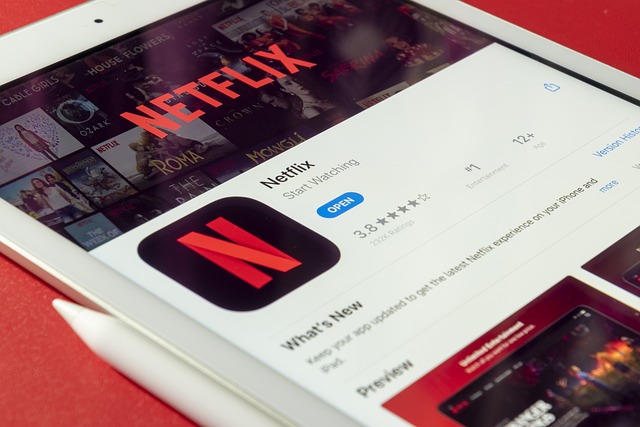Monetization Approaches That Preserve User Trust
Monetization that respects player expectations is central to long-term retention and healthy communities. Developers across indie, mobile, multiplayer, and esports spaces are increasingly combining transparent pricing, optional cosmetic purchases, and accessible design to earn revenue without eroding trust. This article outlines practical approaches that maintain fairness, clarity, and player agency.

Monetization Approaches That Preserve User Trust
Balancing revenue generation with player goodwill requires clarity and restraint. Players expect fairness in progression and a predictable relationship between skill, time investment, and rewards. Whether you design a puzzle indie or a large-scale multiplayer strategy title, preserving trust means choosing monetization that aligns with core mechanics, respects accessibility and localization, and supports long-term retention without compromising narrative or level design.
How can multiplayer games monetize fairly?
Multiplayer titles succeed when communities feel competitions are decided by skill and not spending. Common trust-preserving approaches include cosmetic-only stores, battle passes that offer time-limited but non-pay-to-win rewards, and season passes with transparent reward tracks. For esports and competitive scenes, ensure purchasable items do not alter gameplay balance; instead, offer streaming-friendly overlays, spectator cosmetics, or team-branded content that enhances visibility without affecting controls or interface fairness.
What monetization models work for mobile and indie projects?
Mobile and indie developers often combine modest upfront pricing with optional in-app purchases that respect pacing. Favor single-purchase unlocks, ad-free upgrades, or cosmetic bundles over gating core mechanics behind paywalls. Strategy and puzzle games can sell expansions, extra chapters of narrative content, or optional level packs. Indie creators should emphasize clear descriptions, fair refunds, and considerate controls so that players across different platforms and regions, aided by good localization, understand what they’re buying.
How does monetization affect retention?
Retention improves when revenue mechanics reinforce engagement rather than exploit it. Reward loops that are time-respectful—daily challenges, well-paced progression, and meaningful retention incentives—encourage return play without coercion. Subscription models can work if they provide clear ongoing value (cloud saves, cross-play access, or regular content drops) rather than gating essential items. Monitor metrics around session length and churn and iterate: opaque systems or pay-to-win signals typically drive retention down, while transparent, optional purchases tend to sustain loyal communities.
How should accessibility and level design influence monetization?
Accessible monetization accommodates different player abilities and input methods. Design levels and puzzles so purchases are not required to overcome control or interface challenges; instead offer optional assistance packs like hint bundles that remain clearly optional. Ensure that assistive features—larger text, remappable controls, or alternative interfaces—are available without charge whenever possible. That approach supports inclusivity while avoiding the perception that players must pay to access a complete experience.
How do narrative, localization, and streaming interact with revenue?
Narrative-driven monetization can present optional expansions, additional chapters, or cosmetic story items that deepen immersion without gating main arcs. Good localization increases perceived fairness by making terms and descriptions clear across regions. Streaming and content creators amplify trust when monetization is visible and understandable on-stream; consider streamer-oriented cosmetic drops or referral systems that reward community growth without confusing viewers about competitive advantages.
What considerations apply to controls, interface, and puzzle design?
Monetization should never obscure controls or interface clarity. Ads or prompts that interfere with input can damage user trust quickly, especially in tight controls or complex puzzles. For puzzle titles, sell extra puzzle packs or theme skins instead of hint systems that undermine the puzzle experience. Ensure in-app purchase flows are straightforward, properly localized, and do not interrupt gameplay; provide clear receipts and restore-purchase options to reduce confusion across devices.
Conclusion
Sustained revenue and player trust are compatible when monetization is transparent, optional, and aligned with the game’s core design. Prioritize cosmetic or expansion-based purchases, protect competitive integrity in multiplayer and esports contexts, and design accessibility and localization into the payment experience. Thoughtful systems that respect player agency and clarity support retention, streaming appeal, and a healthier community over time.






